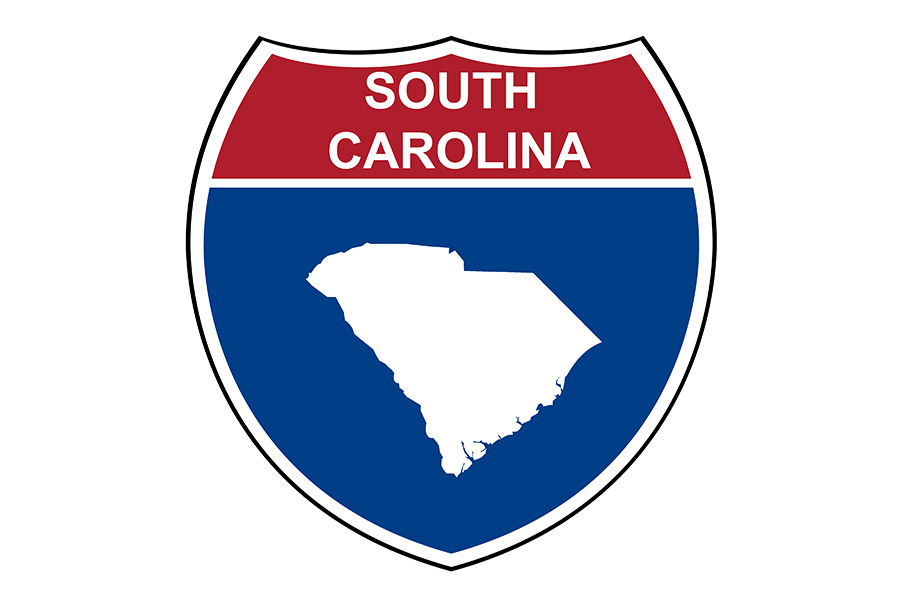South Carolina Issues Economic Nexus Guidance for Remote Sellers

The South Carolina Department of Revenue issued a guidance to remote sellers regarding their economic nexus standard in light of the U.S. Supreme Court’s Wayfair decision. Prior to the decision, the Department took the stance that although legislation allowed for the collection of sales and use tax by retailers not maintaining a physical presence, the provisions could not be enforced because of constitutional conflicts based under National Bellas Hess and Quill. However, considering Quill’s recent overruling, the Department has reversed its position in SC Revenue Ruling #18-14.
Effective November 1, 2018, remote sellers with economic nexus with South Carolina must begin collecting sales and use tax. Like other states, South Carolina has implemented an economic threshold to establish this nexus. Economic nexus occurs when gross sales into the state exceed $100,000 in the current or previous calendar year. Of great importance is how the state calculates the $100,000 standard. The $100,000 economic nexus standard for remote sellers includes:
- retail, exempt retail, and wholesale sales of all tangible personal property;
- gross revenue from all sales of products transferred electronically into the state, regardless of the taxability of the product;
- gross revenue from all services delivered into the state, regardless of the taxability of the service; and
- all sales by the remote seller, including sales via a marketplace on remote seller’s behalf
Property owned by the remote seller but sold by a marketplace seller is not included in gross proceeds. Under South Carolina sales and use tax law, sales made via marketplace are considered sales by the marketplace; requiring the marketplace to obtain a retail license and collect and remit the sales and use tax on the marketplace’s gross proceeds of sales, which would include any sales of products owned by a remote seller but sold by the marketplace.
Remote sellers must obtain a retail license and collect by November 1, 2018 if they had economic nexus in the 2017 calendar year or from January 1 through September 30, 2018. If a remote seller establishes economic nexus on or after October 1, 2018, they must begin collecting tax starting the first day of the second calendar month after establishing nexus. Furthermore, remote sellers who are not required to collect and remit sales and use tax, may voluntarily obtain a retail license from the Department at any time and remit the sales and use tax for all taxable sales made into the state.
Remote sellers who conduct business in South Carolina may obtain a retail license via the MyDORWAY portal, or by completing the SCDOR-111 Business tax Registration Form. Remote sellers using either the online portal or submitting a paper application must pay a $50 fee as well. A qualified tax attorney can assist with the execution of the application and potential questions or
Jeanette Moffa is an attorney who concentrates on state and local taxes at Moffa, Sutton, & Donnini, P.A. She is also an adjunct professor and assistant editor to the American Bar Association’s The Sales and Use Tax Deskbook. For more information please call us at 888-966-8216.



